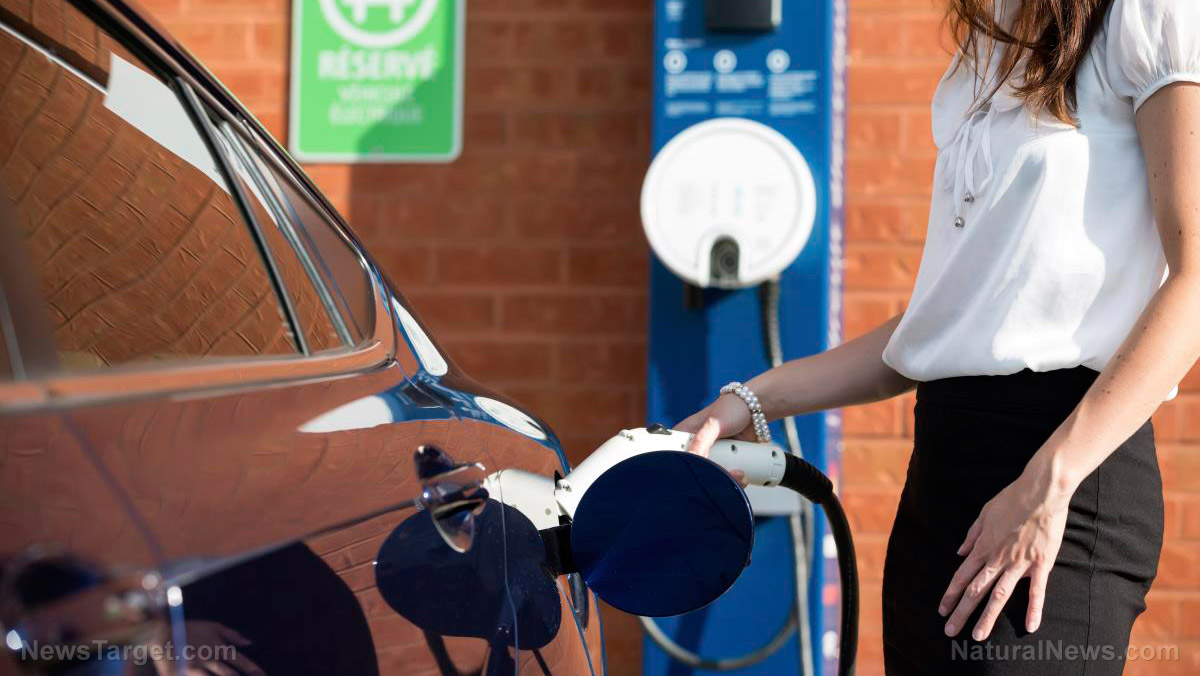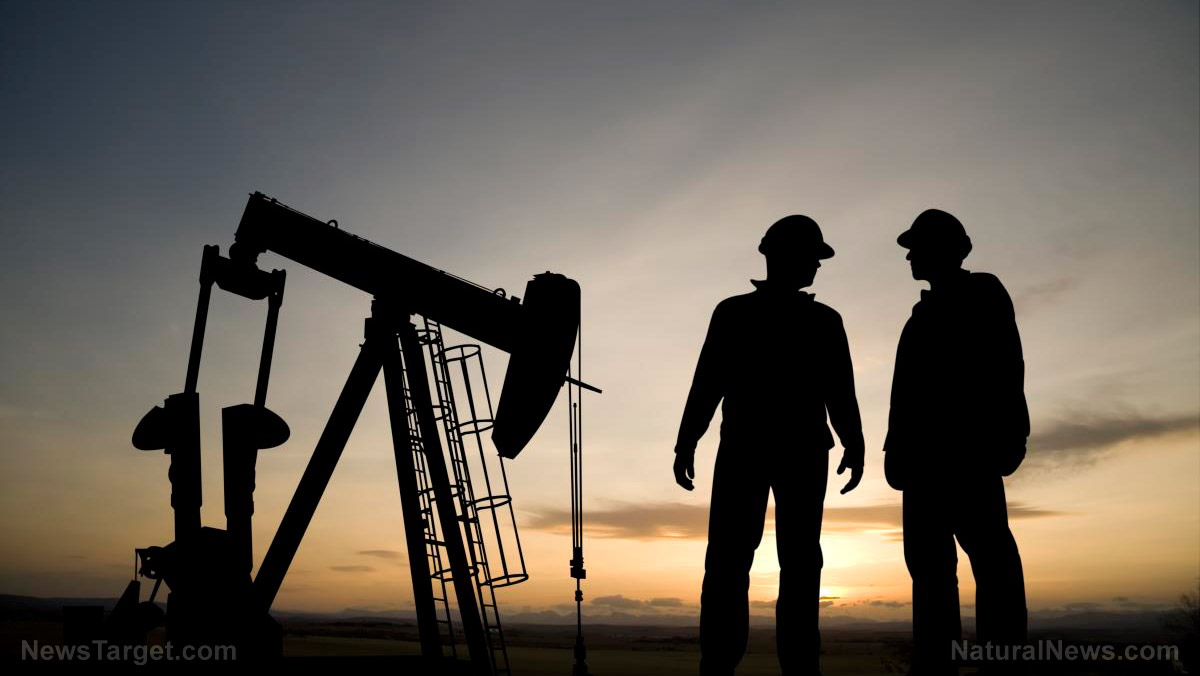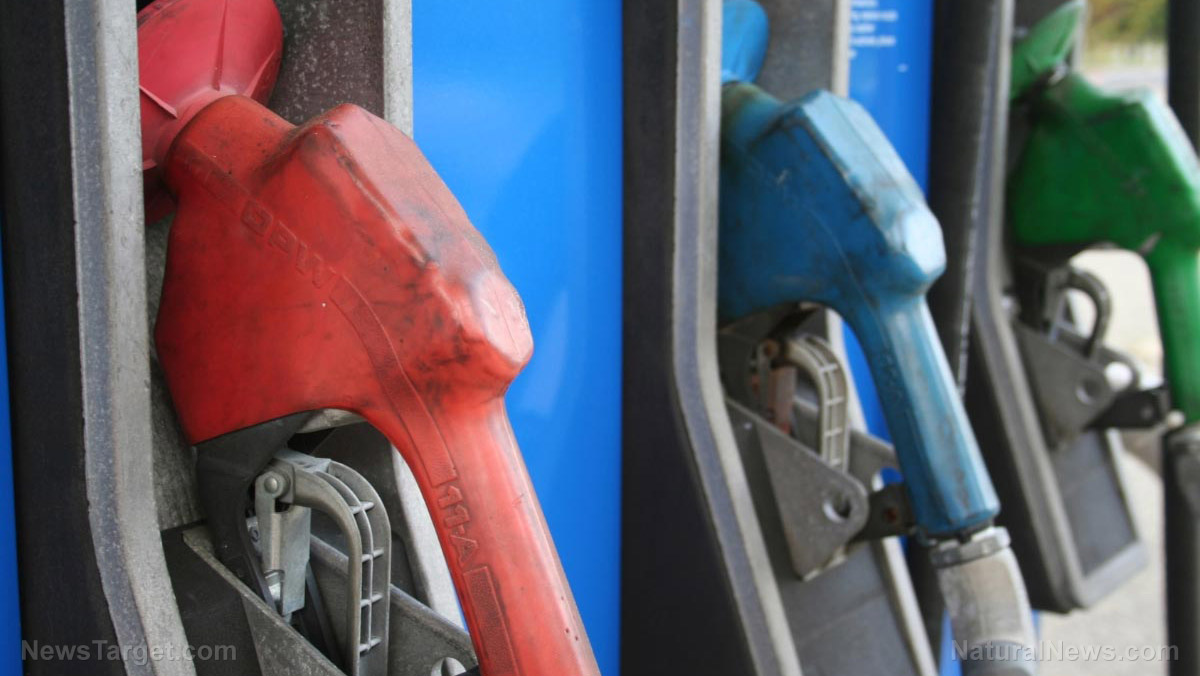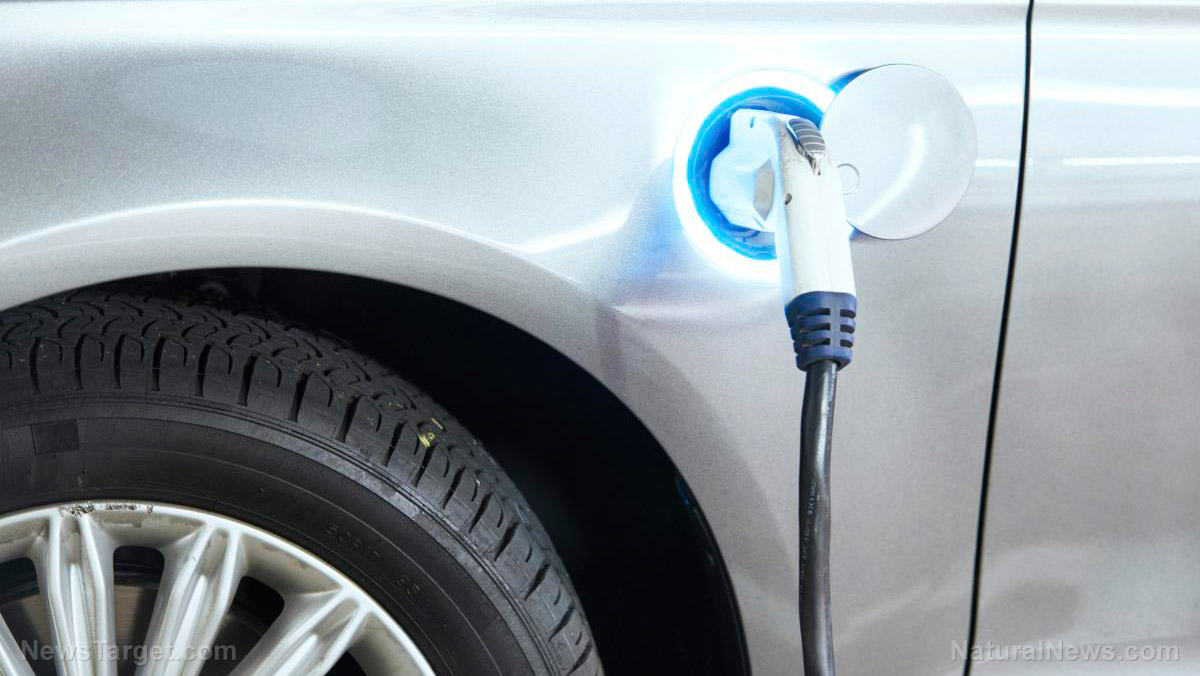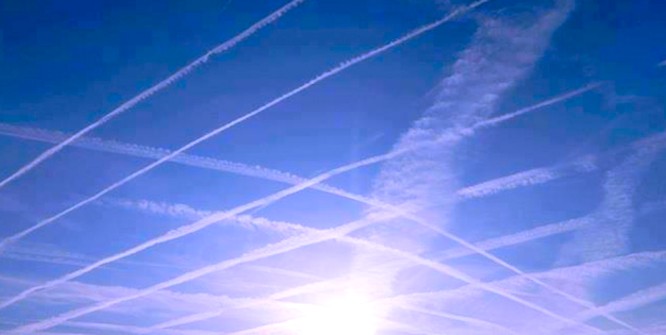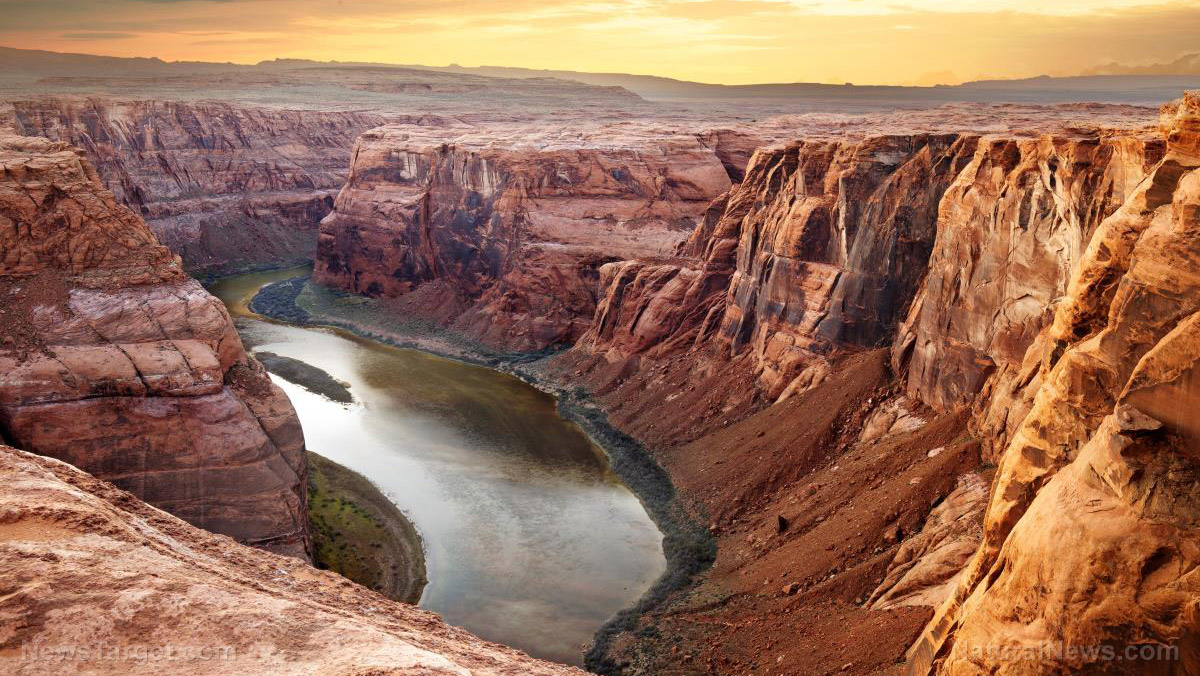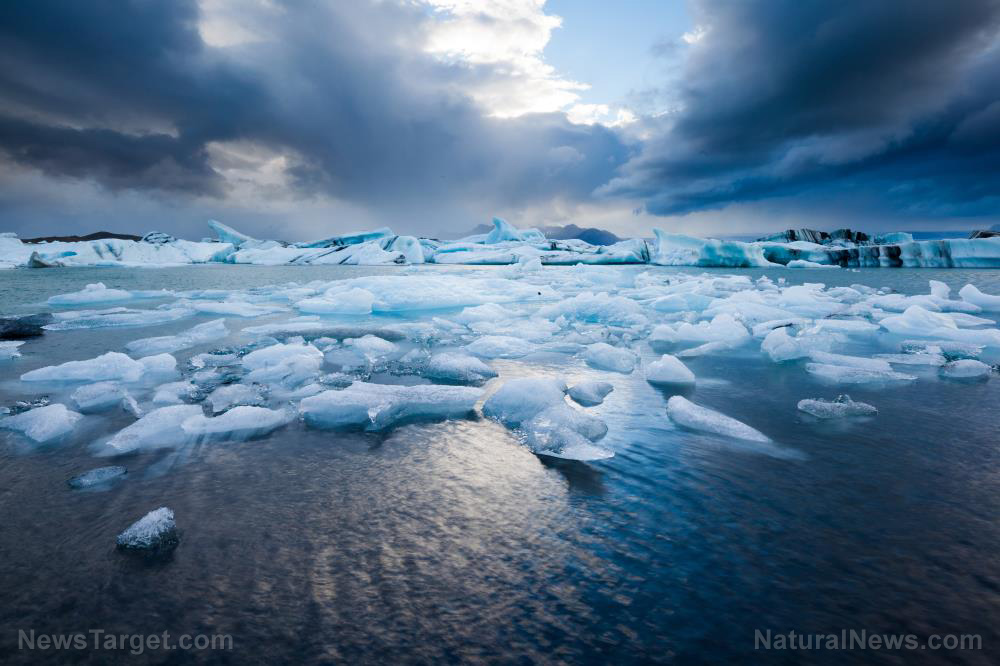Renewables put Europe’s electrical energy at the mercy of Russia
03/01/2022 / By Kevin Hughes
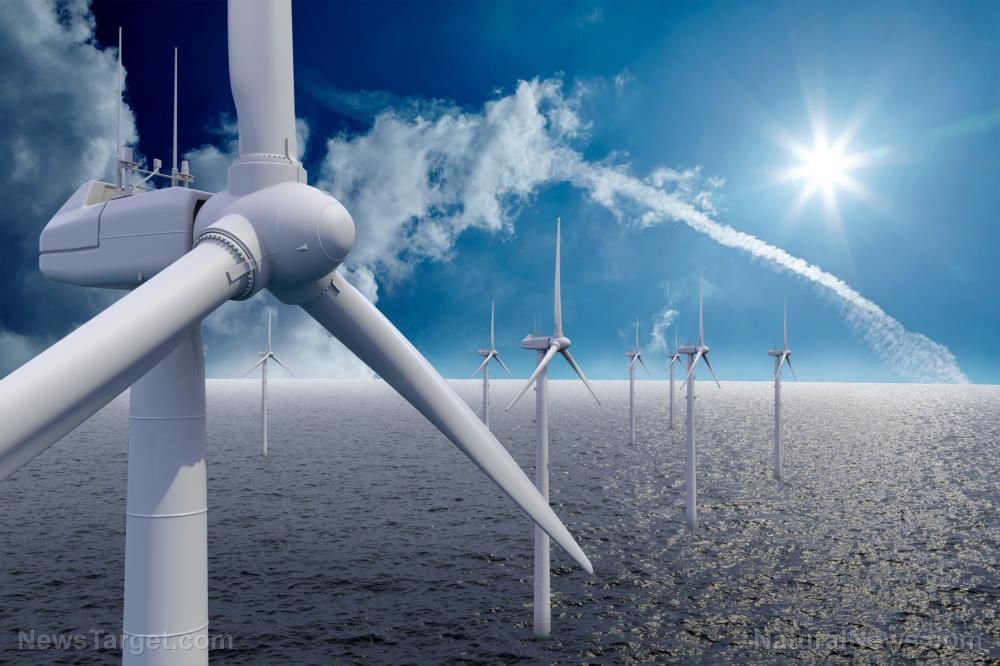
European countries that have veered away from coal in favor of renewables are now susceptible to electricity price shocks with the continent’s main natural gas supplier being at war with Ukraine.
Apart from Poland, all member-nations of the European Union (EU) have vowed to attain net-zero emissions by 2050. To attain this, the EU has started eliminating coal power and sped up the intake of wind, which has risen almost twenty-fold from 20 terawatt-hour (TWh) to 400 TWh over the past 10 years.
The EU has also started to take out nuclear energy over environmental concerns, placing more pressure on wind power to reach the region’s carbon dioxide-free energy targets.
However, irregular forms of power generation like wind and solar, which rely completely on weather and daylight, do not guarantee that power demands are met consistently. (Related: Experts warn of downsides of renewable energy: Increased mining activity, pollution, economic uncertainty.)
To address this by way of the renewables path, energy storage is needed – namely through batteries or huge pumped hydro systems. But unlike wind, the uptake of energy storage has not sustained the same rate.
This means that in times when wind and solar output went down, Europe depended heavily on liquefied natural gas (LNG) to bolster capacity. And because of this, LNG’s distribution of the electricity mix has increased twofold over the past 25 years.
Almost 40 percent of this natural gas came from Russia, which is achieved through four main passageway: Nord Stream through the Baltic Sea, TurkStream through Turkey, Yamal through Poland and a lot through Ukraine.
Russia could switch off gas pipelines to Europe
A ghost of doubt now hovers over Europe with some assuming Russia would not try to switch off the gas pipelines crucial to the continent’s renewables-rich grid.
French energy giant TotalEnergies CEO Patrick Pouyanne said he thinks Russia’s intervention with the gas supply to Europe is highly improbable.
“I am convinced the Russians don’t want to use gas as a weapon in the dispute,” Pouyanne stated at the International Energy Week conference.
LNG operations, according to Pouyanne, had not been impacted by the conflict up to now.
Gazprom, Russia’s majority-state owned gas company, supported the sentiment, explaining that gas exports have continued without disruption during the conflict and in accordance with Europe’s need.
However, problems are cooking as Russia holds the power to send shockwaves throughout Europe’s gas and electricity markets.
Europe, the U.S. and other nations around the world, in response to the invasion of Ukraine, have imposed sanctions against Russia, which included stopping the $11 billion Nord Stream 2 pipeline running parallel to its precursor in the Baltic Sea.
Dmitri Medvedev, former Russian president and deputy chairman of the Security Council of Russia, warned Europeans that they could expect prices to double as a consequence of the Nord Stream 2 suspension.
Europe and the U.K. were also coming off an energy crisis last year. Gas and electricity prices soared as cold weather and a lack of wind forced the coalition to import more LNG for power and heating.
At the time, Russia was accused of initiating price shocks by intentionally failing to meet increased demand for gas. Russian President Vladimir Putin denied the allegation.
Saad Sherida Al-Kaabi, currently the minister of state for Energy Affairs of Qatar, stressed that in the event of Russia sealing the flow of gas, no country would be capable of helping Europe quickly to make up for the shortage.
“Russia [provides] I think 30 to 40 percent of the supply to Europe. There is no single country that can replace that kind of volume. Most of the LNG are tied to long-term contracts and destinations that are very clear. So, to replace that sum of volume that quickly is almost impossible,” Kaabi informed reporters at a gas conference in Doha.
Meanwhile, climate experts said that the suspension of the Nord Stream 2 gas pipeline could mean better investment in clean energy throughout Europe.
German Chancellor Olaf Scholz stopped on Thursday, Feb. 24, the approval of the project which was designed to carry more Russian gas to Germany after the Kremlin acknowledged two breakaway regions in Ukraine.
Construction on the project was finished in September 2021 at a cost of $11.12 billion, but it has yet to receive the required European regulatory approval to allow its operator Gazprom to turn on the oil pumps.
According to Suzana Carp, executive director of climate campaign group Carbon-Free Europe, the German government’s decision to halt the project could trigger larger investment in renewable energy and zero-carbon fuels throughout Europe and decrease their reliance on Russian gas.
“The alternative to importing fossil fuels is the building up of autonomous energy sources at a national and EU level. I also think it will advance hydrogen projects and other zero-carbon fuels. The mentality has started to shift. It’s no longer business as usual. We’ll see a move towards renewable, nuclear and zero-carbon fuels that gives Europe the autonomy it needs,” Carp said.
More related articles:
Kamala Harris wants to export California’s disastrous renewable energy model to the entire country.
Green energy flop is costing Europeans big time: Prices spiking amid shortages as winter’s cold hits.
Watch the video below to know how Michael Moore’s documentary has exposed green energy as a fraud.
This video is from the Free4eva Media channel on Brighteon.com.
Follow Power.news to learn more about renewable energy.
Sources include:
Submit a correction >>
Tagged Under:
big government, chaos, Collapse, conflict, electricity, energy supply, European Union, gas, green tyranny, national security, Nord Stream 2, power, power grid, products, renewable energy, Russia, Ukraine, Vladimir Putin, World War III
This article may contain statements that reflect the opinion of the author
RECENT NEWS & ARTICLES
COPYRIGHT © 2017 CLIMATE ALARMISM NEWS




